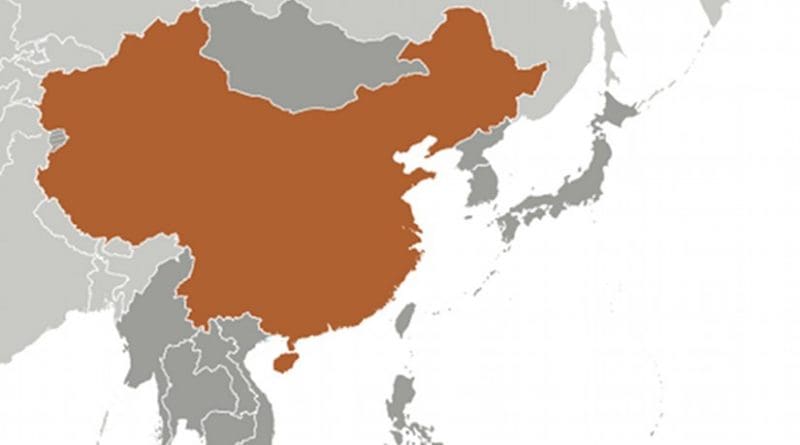China: Surge In Sex Scandals – Analysis
By IPCS
By Namrata Hasija
Corruption has been the dominant factor in Chinese politics this year; evident in the numerous corruption and sex scandals involving party officials that have been busted of late. There has been a surge in the revelations of officials involved in sex scandals, especially post-18th Party Congress.
Is there a causal link between the two or is this due to the anti-corruption cyber wave led by Chinese netizens?
Sex Scandals in China: Why Now?

In December, scandals involving five government officials surfaced on the Internet within six days of exposure. Qi Fang, the head of police in Wusu, was accused of promoting his two mistresses to high positions in the police service. The scandal of Lei Zhengfu, a district level party secretary of Chongqing, was full-blown and attracted huge media attention; he was filmed with a girl arranged by a property developer to blackmail him. The journalist responsible for these releases also claims to be in possession of four more tapes that include prominent party chiefs of Chongqing. A local Shanxi official, Li Junen, was also exposed for having four wives and ten children in the land of “one child” policy.
There is a common denominator in these scandals: all these officials were exposed on the Weibo, the Chinese equivalent of Twitter and Tianya: their videos and photos went viral on the Internet. Thereafter, Chinese citizens demanded immediate dismissal of the accused officials, which led to further investigations. But the interesting fact is that, the exposures have all come within three weeks of the commencement of the 18th Party Congress.
So why now? This question needs probing especially since videos of officials like Lei Zhengfu were filmed in 2007 and had been in the possession of the Chongqing police department for a long time. These scandals have to be studied at different levels; first, probable linkages with the establishment of a new leadership, in relation to the leak of tapes from the Chongqing police station and finally, cyber activism.
Role of the New Leadership
The answer is to be found in not just one of these but a collusion of all these factors. Reports are coming in that most of these exposures were sanctioned by the new leaders to send warnings to corrupt officials and the swift action taken by the party against these corrupt officials has been appreciated both by state-controlled and social media. The fact that these were sanctioned by the new leadership has won accolades for them from all sections, since it is seen as fulfillment of the promises made by them.
Notably, in case of the two officials from Chongqing, Lei Zhengfu had close ties with the ex-police chief of the city, Wang Lijun, and is believed to have approached Wang after the developer had threatened to post the videos on the internet. Wang immediately cracked down on the developer and the girls, confiscating the videos. But with the fall of Wang after the Bo Xilai scandal, these videos were leaked to Zhu from the office of the police department in Chongqing. These videos involve at least four to five influential party members of the province, soon to be released by Zhu on the internet. So it can be easily argued that these are engineered attempts by the new leadership to serve a two-fold purpose: one, eliminating the supporters and benefactors of Bo Xilai and secondly, to showcase the new leadership as being solemn in its anti-corruption drive against corrupt government officials.
Role of the Social Media
Simultaneously, political experts in China are of the view that the netizens have played a major role in bringing these officials to justice and spreading their ill doings across China. The hue and cry raised by them after certain videos were posted online has resulted in the swift action undertaken by the authorities. Qishan Wang, Secretary of the Central Commission for Discipline Inspection, admitted at an anti-corruption conference that “the online exposure had allowed for the quick dismissal of Lei. We should listen to the voices on the Internet even when they are condemning us.”
Thus, there is a strong link between the new leadership, netizens and these exposures. Who engineered them or what triggered them soon after the 18th Party Congress is still a matter of speculation amongst many in and outside China, as has been attempted in this article. While many are awaiting new exposures involving officials before the year ends, probably extending into early new year, the recent exposures seem to have accomplished two things at least for the time being; they have brought in some credibility to the new leadership within China, which pledges to clean up the party of corrupt officials and secondly, the netizen’s belief in using social media in their fight against corruption has been strengthened.
Namrata Hasija
Research Officer, CRP, IPCS
email: [email protected]

